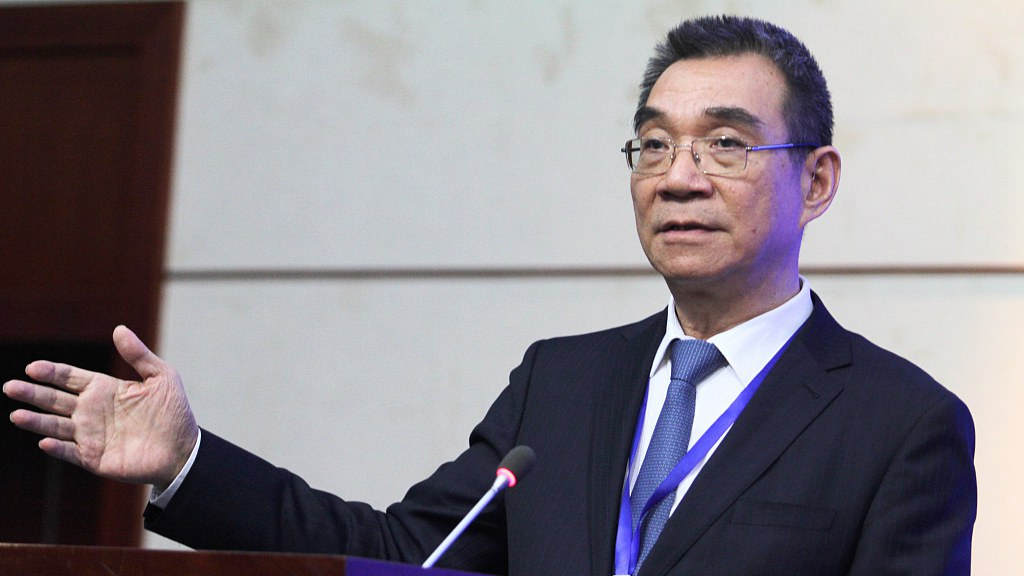
TV Show
21:42, 13-Feb-2019
Hope for the best, prepare for the worst on China-U.S. trade talks
World Insight with Tian Wei
01:38

Tuesday was the second day of the current round of China-U.S. trade negotiations at the vice-ministerial level with the U.S. delegation led by Deputy U.S. Trade Representative Jeffrey Gerrish.
Chinese Vice Premier Liu He is expected to meet with U.S. Trade Representative Robert Lighthizer and Treasury Secretary Steven Mnuchin between February 14-15. Talks take place as the clock ticks towards the March 1 deadline, after which the U.S. has threatened to raise tariffs on Chinese goods worth 200 billion U.S. dollars to 25 percent if a deal is not reached.
Deal or no deal?
The current negotiations are crucial, not only for the two countries but also for the future of the world economy, said Justin Lin Yifu, the dean of the Institute of New Structural Economics at Peking University, a former World Bank chief economist.
He told CGTN that China was sincere in making the right things happen for all. "We always hope for the best, prepare for the worst. We are preparing certainly, on the one hand, we show our sincerity in the trade negotiation, we prepare to help the U.S. reduce the trade imbalance by increasing our imports. And we are also for the opening-up economy, so more U.S. investments and more U.S. exports can come to China."
But even in "preparing for the worst," Lin is optimistic that even if there is no deal, China still has the potential to grow its economy. The Chinese government has already carried out programs to reduce excess capacity and upgrade its industrial sector.
Globalization in recession?
The world's developed economies are hard pressed to fix their own problems. This, in turn, leads to social and political woes which have sparked the current debate on globalization. How could the world's high-income nations face up their own problems? Lin Yifu believes necessary structural reforms are needed for developed economies. “The high-income countries are not fully recovered because they do not carry structural reforms. Without structural reforms, the whole economy cannot return to a healthier situation."
With developed countries underperforming economically, emerging markets are also facing pressure as their economies are more than intertwined. "But developing countries understand globalization is important, this time I think developing countries already benefit from globalization, and they should carry the torch to continue to champion globalization," Lin said.
(If you want to contribute and have specific expertise, please contact us at opinions@cgtn.com)

SITEMAP
Copyright © 2018 CGTN. Beijing ICP prepared NO.16065310-3
Copyright © 2018 CGTN. Beijing ICP prepared NO.16065310-3